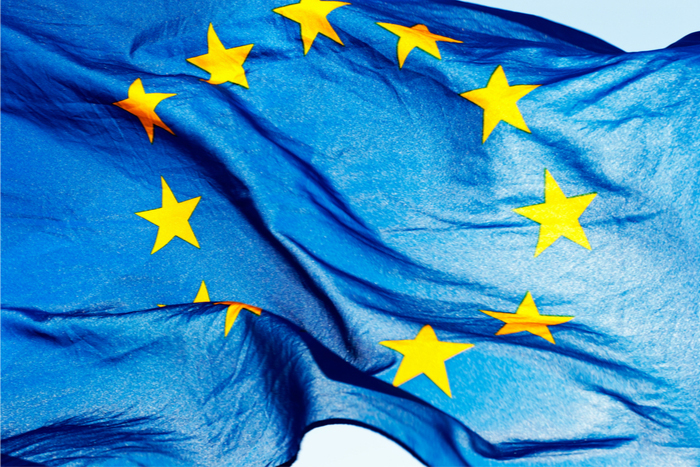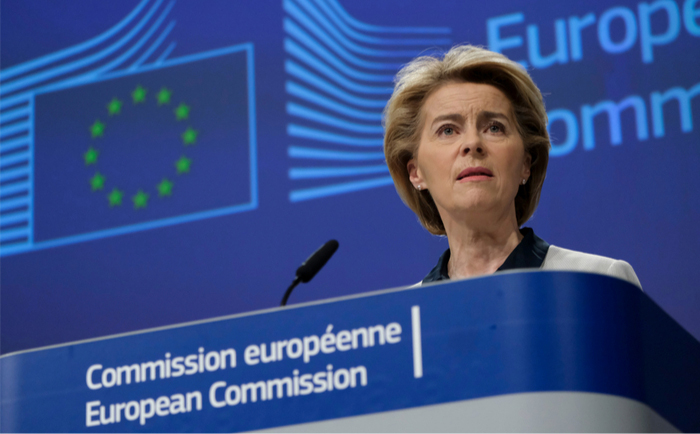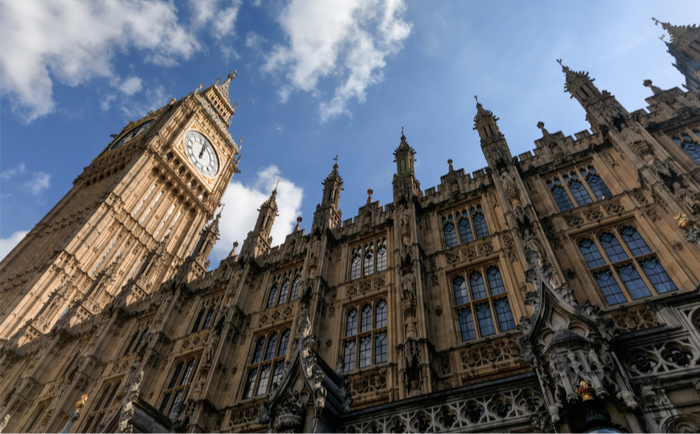Pressure on the UK government to legislate for mandatory human rights due diligence increased this week with a renewed call from investors to take action.
Their demand comes alongside a YouGov survey revealing more than three quarters of the UK public is behind the idea of new laws compelling companies to ensure their supply chains do no avoidable damage to the environment or exploit people.
The news comes as the European Union works on new laws for human rights due diligence on member states, though some, like France, have long since imposed such measures on its companies.
In a letter to the government 39 investors—among them CCLA, Close Brothers and Brunel, one of the largest local government pension schemes—call for “primary legislation” to mandate companies undertaking mandatory human rights and environmental due diligence across “their own operations and value chains”.
According to the letter: “Comprehensive human rights and environmental due diligence by companies enables investors to identify the greatest risks to people and the planet, linked to portfolios, and to fulfil their responsibility and to respect human rights.”
The investors list demands including an “obligation’ to “identify, prevent, mitigate and account for” human right and environmental risks in supply chains, as well as engagement with workers and community members.
There are also calls for laws that would allow companies to be pursued through the courts with the possibility of compensation for victims of abuse.
The investors write: “Governments have a duty to protest against human rights abuses, including those of businesses, though effective regulatory measures, particularly where voluntary corporate measures continue to leave significant gaps in human rights protections throughout value chains.”
Observers view change as necessary. According to James Corah, head of sustainability at CCLA Investment Management, the UK had once led the way but has fallen behind developments elsewhere.
“When introduced in 2015 the UK’s Modern Slavery Act set a new standard for regulation aimed at business and human rights. However, time has moved on and our legislation must too,” he says.
The YouGov poll is viewed as evidence that the campaigners have public backing for a change in the law.
Chloe Cranston of Anti-Slavery International, the campaign body behind the poll, says: “This polling results supports what we have long known: the British public do not want people and the planet to be harmed while making the goods and providing the services that we purchase and use every day.”
UK officials and politicians have been closely involved in discussion about business and human rights and the issue of due diligence. As early as 2015 the UK was among the G7 members to issue a declaration backing UN Guiding Principles on Business and Human Rights. The declaration added, “…we urge private sector implementation of human rights due diligence.”
Across the Channel, the EU has its own due diligence measures well under way.
There was much support for the Anti Slavery Act when it came in, which should give campaigners hope that an update will be well received. But as new leadership prepares to take over there is much to occupy the government’s agenda. Finding the legislative time for human rights due diligence might take a while yet.




